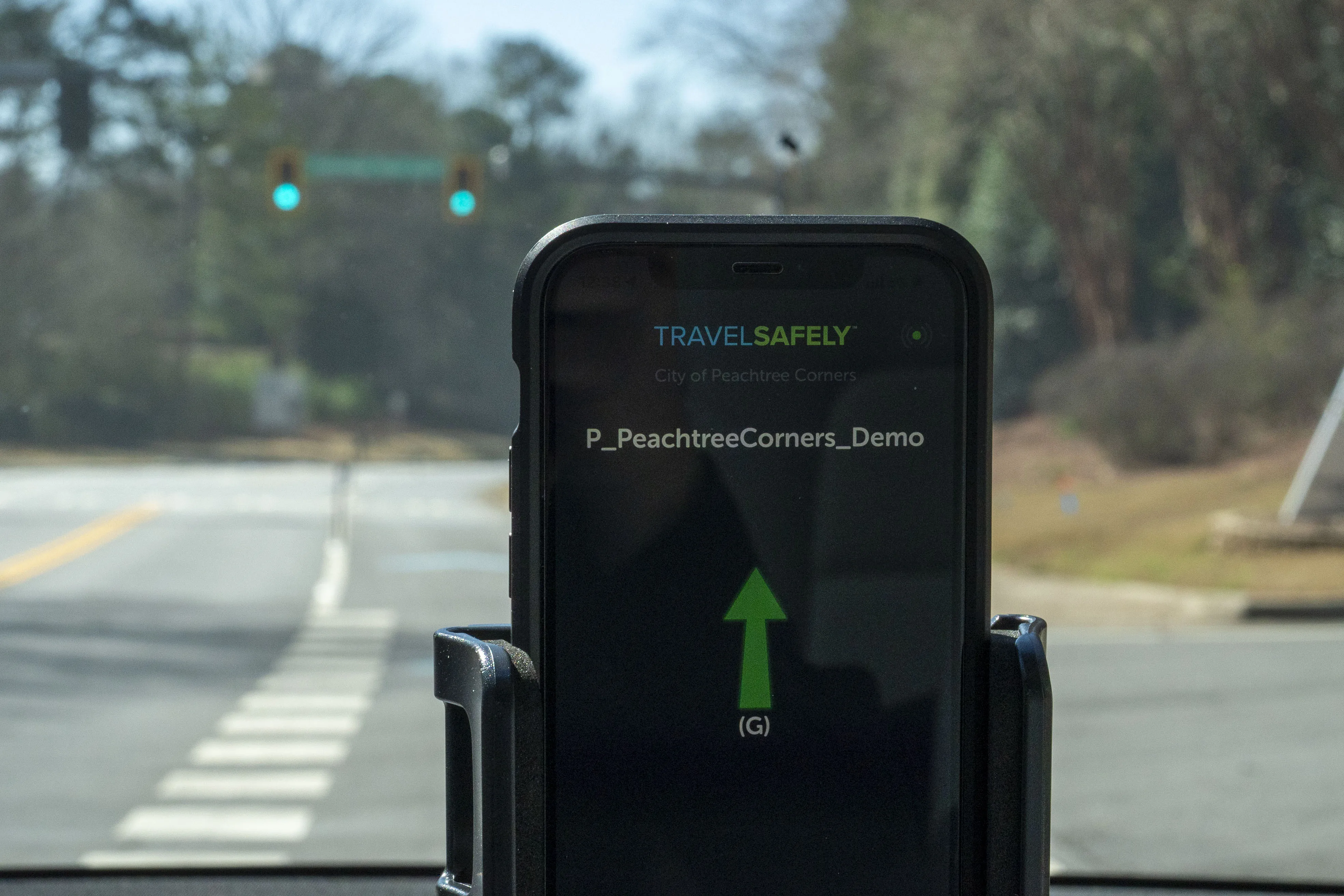European vehicle manufacturers, including
The four-year UR:BAN project (from a German acronym for Urban Space: User-oriented assistance systems and network management), has been running since 2012 , funded by the German Federal Ministry for Economic Affairs and Energy, with 31 partners from the automotive industry, electronics/software development, research institutes and municipalities participating.
To tackle the cognitive assistance challenge, Opel is developing an advanced driver assistance system which uses a camera, radar and modified steering and braking systems. When a driver fails to responded to an impending collision, the system will take evasive action to steer the car away from the object.
Opel is also working on car-to-X communication system which shares data with other vehicles and the traffic infrastructure over a wi-fi connection. The system would apparently operate like the
Meanwhile BMW is developing a driver assistance system to help protect pedestrians: the system analyses the situation and the pedestrian’s behaviour to assess whether there is a risk of collision with the vehicle. Accidents with pedestrians can be avoided by braking, steering or a combination of the two. Systems installed in a BMW 5 series research vehicle make it possible to recognise detailed features of a pedestrian, i.e. the head and upper part of the body and to classify the direction in which the pedestrian is moving.
Truck manufacturer MAN is looking into ways of making commercial vehicles safer and more efficient for city driving. The company’s researchers are how vehicles can most efficiently provide information from assistance systems to the driver in busy urban traffic and how the cockpit can be designed so as to display exactly the right information to the driver in any given traffic situation.
BMW anticipates that UR:BAN will foster radical improvements in traffic flow in the future, as BMW Managing Director Dr Christoph Grote, explained: "This will enable us to further increase safety, efficiency and comfort in urban areas to significant effect," he said.










